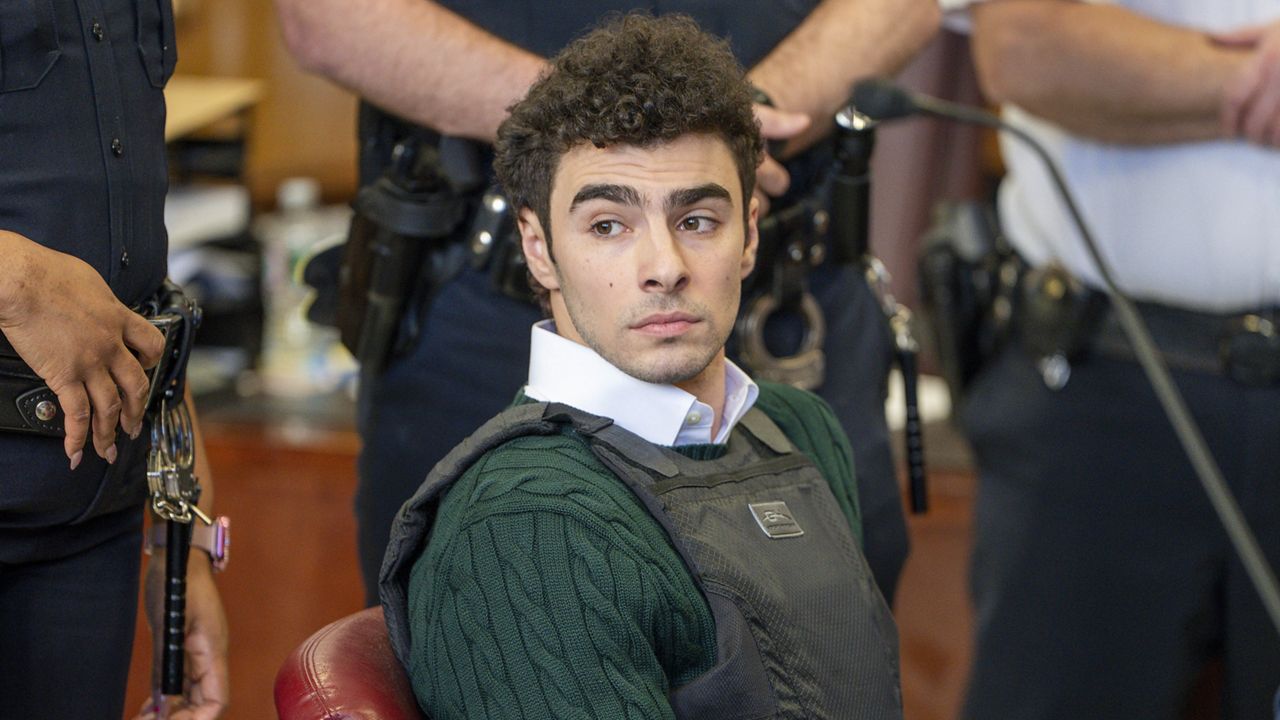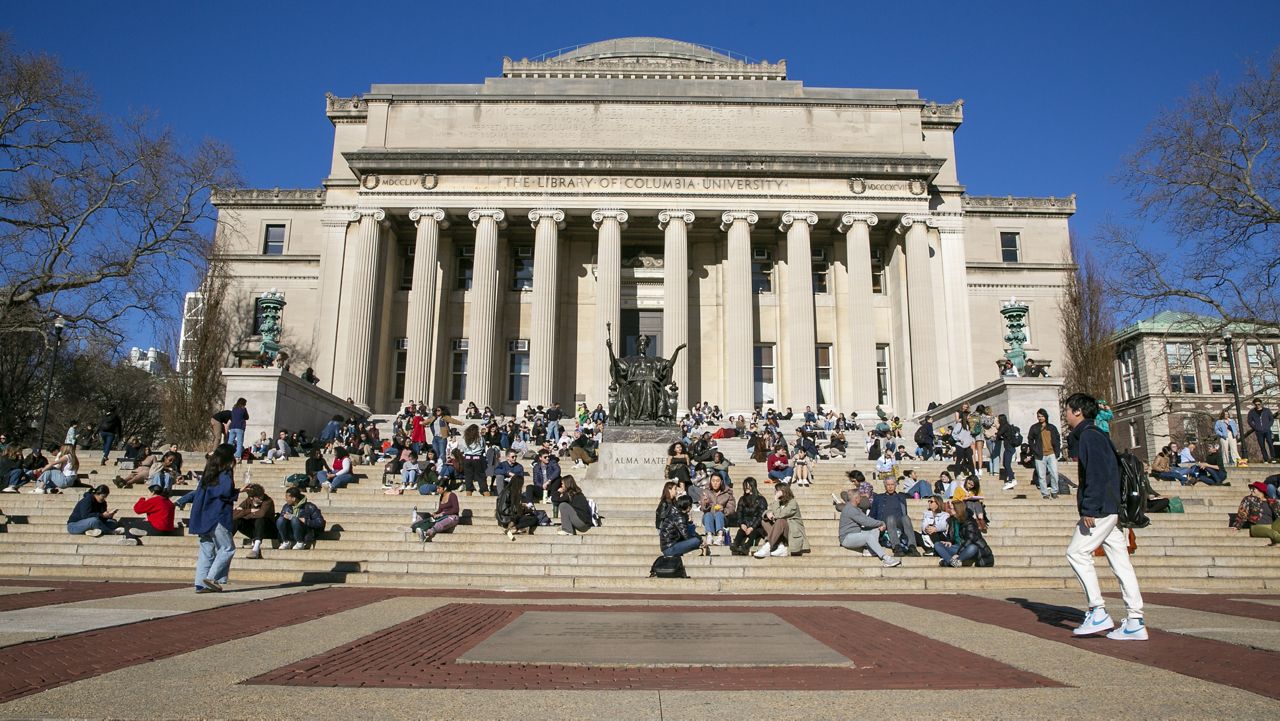Technology that can identify a person through things like facial scans or fingerprints, for some, may be a thing of the future. But for a group of lawmakers, they say it’s a problem now.
“I’m all too familiar with the negative consequences of using fear to justify excessive and bias surveillance,” Councilmember Shahana Hanif said.
What You Need To Know
- A bill, which if passed, would limit the use of identification technology like facial recognition at businesses. Another bill would limit the use of the technology in residential buildings
- Despite concerns with the identification technology, the pair of bills have been met with pushback
- People in opposition said the bill limits the way business owners can protect themselves from retail theft
- A 2018 Massachusetts Institute of Technology and Stanford University study found racial and gender disparities by the technology
Hanif has introduced a bill, which if passed, that would limit the use of identification technology like facial recognition at businesses.
“This measure is critical in combating wrongful discrimination,” she said.
Another bill introduced would limit the use of this type of technology in residential buildings.
“Facial recognition, facial profiling, is at its core a racist tool that harms New Yorkers,” Albert Fox Cahn, founder of the Surveillance Technology Oversight Project, said.
A 2018 Massachusetts Institute of Technology and Stanford University study found the error rates for determining the gender of light-skinned men never exceeded 0.8%. In contrast, for darker-skinned women, the error rates were 34.7%.
Last December, Rite Aid was banned by the Federal Trade Commission from using facial recognition technology for five years. This happened after the software used misidentified Blacks and Asians as likely shoplifters.
Despite concerns with the technology, the pair of bills have been met with pushback.
“If the Council passes this bill, it would be depriving rent stabilized tenants and workers the safety which wealthy New Yorkers enjoy in their homes,” Adam Roberts, policy director of Community Housing Improvement Program, said.
People in opposition also said the bill limits the way business owners can protect themselves from retail theft.
New Yorkers are divided on the issue.
Some find value in the use of new technology to make life easier and to combat crime.
“If it helps in the way it’s supposedly does, fine. For the racial disparity part about it, we’re going to have that in everything new they come out with,” Brooklyn resident Ivory Mays said.
“There’s a lot of theft. A lot of crime. Crime is only rising. So from a safety standpoint I think it would be very beneficial,” Bronx resident Christopher Cedeno said.
Other New Yorkers have concerns about the racial disparities.
“I don’t love that Big Brother is always watching, and I do think there is a bias against minorities,” Manhattan resident Caroline Sommers said.
Another group is concerned about the safety of their information from hackers.
“It just makes you too available for those out there who are looking to take advantage of the system,” Manhattan resident Ron Sosenko said.
The bill as is doesn’t appear to have the number of votes needed to move the bill out of committee.









